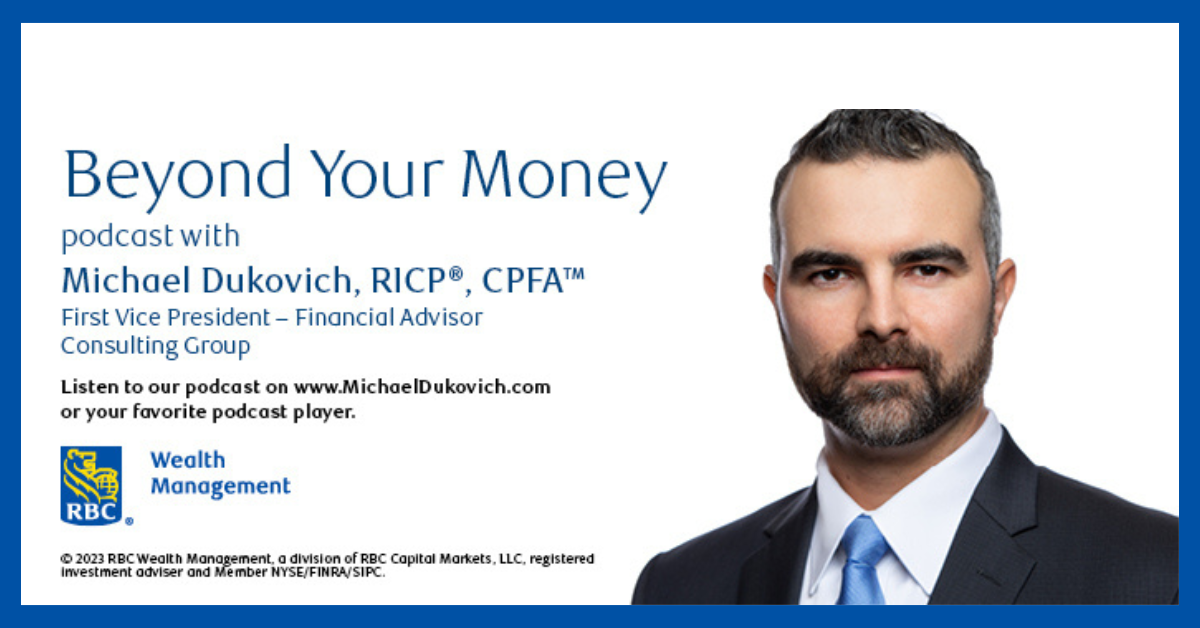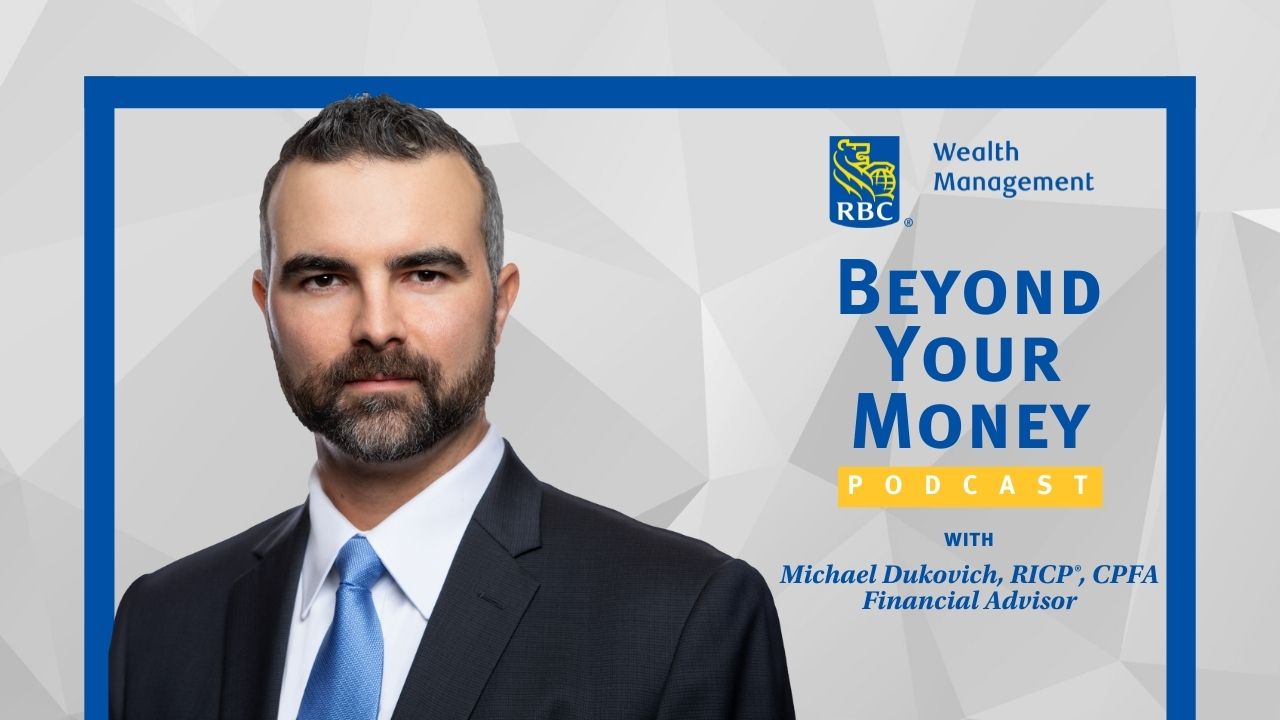
Mastering Debt, Debit & Credit Management (Ep. 23)
Ready to navigate the critical realm of debt, debit, and credit management?
Do you know how to recognize their profound influence on your overall financial well-being?
In this episode, Mike Dukovich continues the financial literacy conversation by shedding light on the intricate facets of debt, debit, and credit management.
From credit reports and scores and some must-know best practices, this conversation serves you as a handy resource to achieve not only a healthy debt-to-income ratio but also pave the path toward long-term financial stability and empowerment.
Mike discusses:
- Understanding different types of debt (ranging from credit cards to loans and
- mortgages) and the value of understanding their ‘terms and conditions’
- The truth about credit history
- How to review credit reports and scores and ways you can use them to your advantage
- Tips to determine a healthy debt-to-income ratio
- And more!
Resources:
- Budgeting & Cash Flow Management: What You Really Need To Know (Ep. 22)
- The Mortgage Process with Kevin Giza
Connect with Mike Dukovich:
- michael.dukovich@rbc.com
- MichaelDukovich.com
- (724) 933-4446
- RBC Wealth Management
- LinkedIn: Mike Dukovich
- LinkedIn: RBC Wealth Management
Podcast: Play in new window | Download | Embed
Subscribe: Spotify | iHeartRadio | RSS | More
